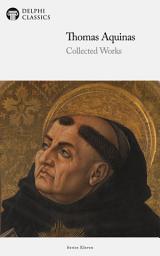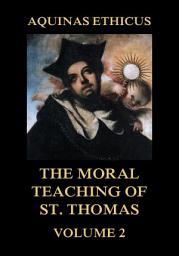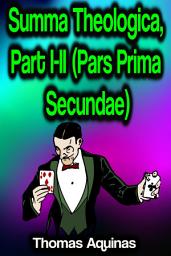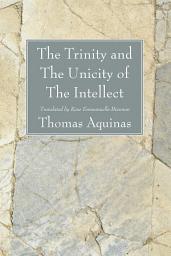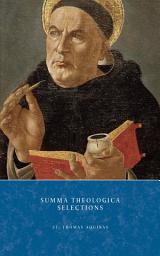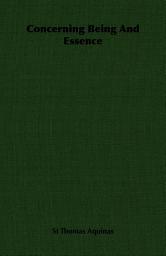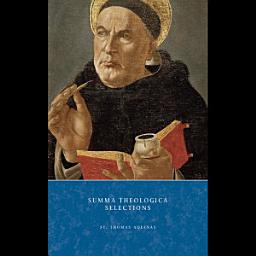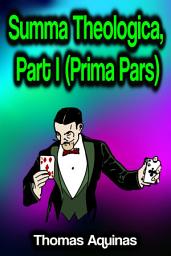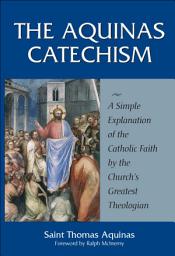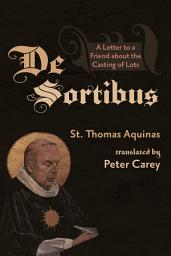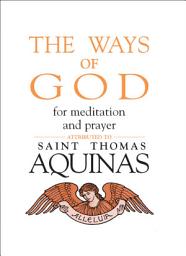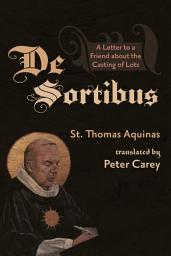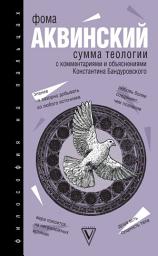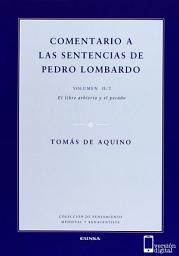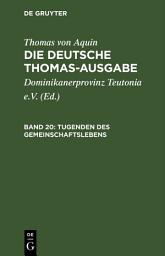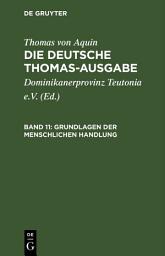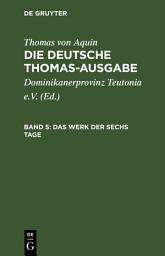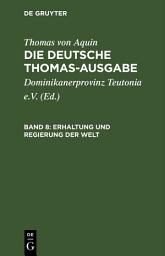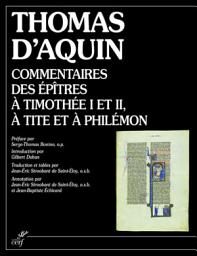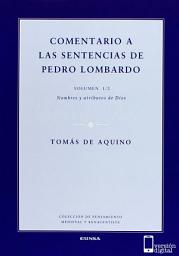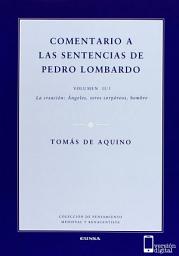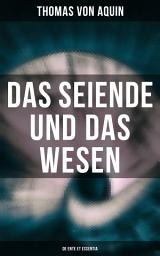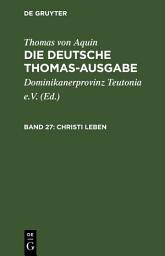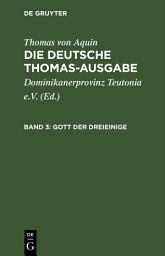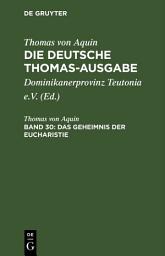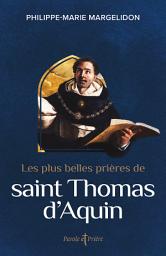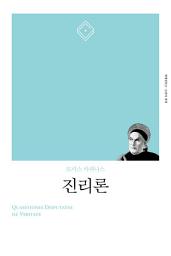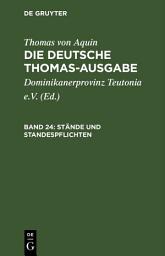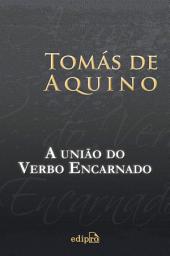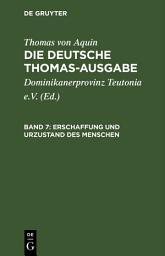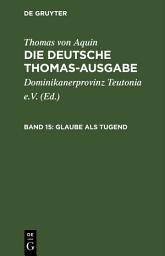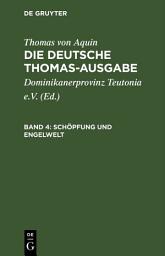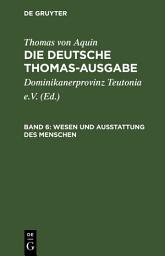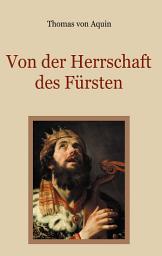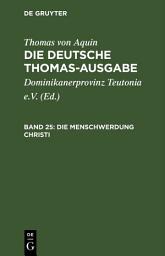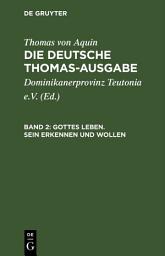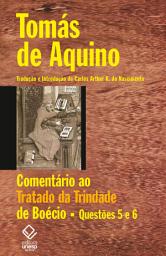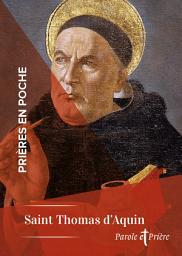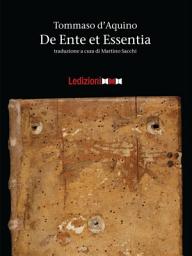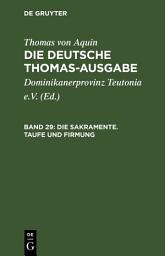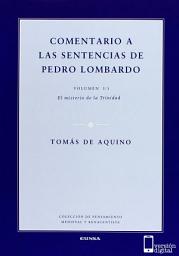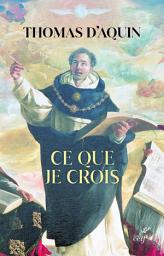Thomas Aquinas
Thomas Aquinas OP was an Italian Dominican friar and priest, the foremost Scholastic thinker, as well as one of the most influential philosophers and theologians in the Western tradition. A Doctor of the Church, he was from the county of Aquino in the Kingdom of Sicily.
Thomas was a proponent of natural theology and the father of a school of thought known as Thomism. He argued that God is the source of the light of natural reason and the light of faith. He embraced several ideas put forward by Aristotle and attempted to synthesize Aristotelian philosophy with the principles of Christianity. He has been described as "the most influential thinker of the medieval period" and "the greatest of the medieval philosopher-theologians". Thomas Aquinas's philosophy influenced modern virtue ethics, aesthetics, and cognitive theory. He has been criticized, notably by Bertrand Russell, for seeking to justify conclusions already dictated by faith rather than follow reason independently.
Thomas's best-known works are the unfinished Summa Theologica, or Summa Theologiae, the Disputed Questions on Truth and the Summa contra Gentiles.
Thomas was a proponent of natural theology and the father of a school of thought known as Thomism. He argued that God is the source of the light of natural reason and the light of faith. He embraced several ideas put forward by Aristotle and attempted to synthesize Aristotelian philosophy with the principles of Christianity. He has been described as "the most influential thinker of the medieval period" and "the greatest of the medieval philosopher-theologians". Thomas Aquinas's philosophy influenced modern virtue ethics, aesthetics, and cognitive theory. He has been criticized, notably by Bertrand Russell, for seeking to justify conclusions already dictated by faith rather than follow reason independently.
Thomas's best-known works are the unfinished Summa Theologica, or Summa Theologiae, the Disputed Questions on Truth and the Summa contra Gentiles.
Ebooks


